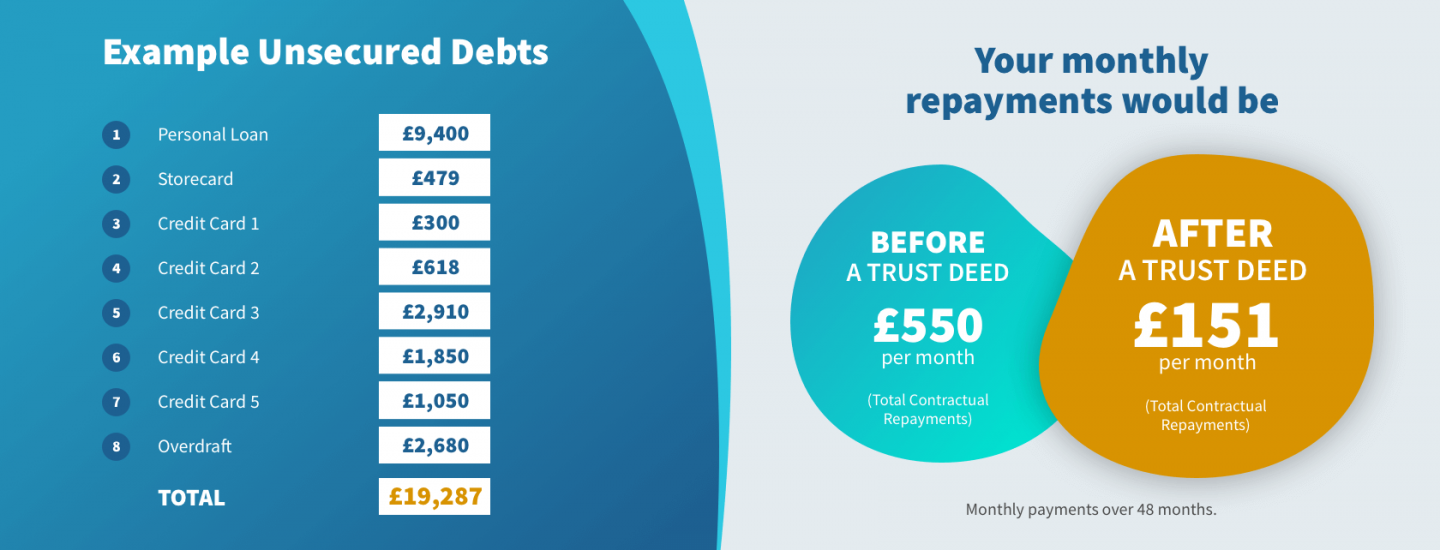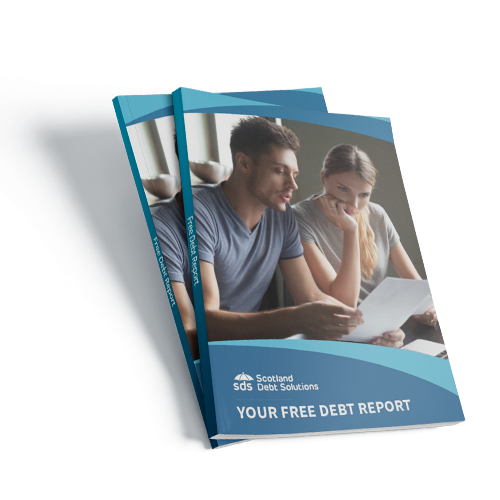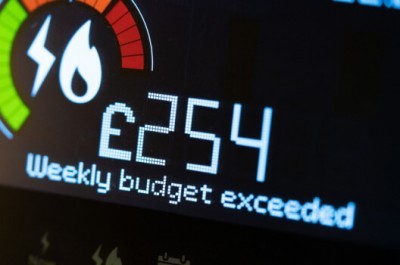A chance for a fresh start
Key to the appeal of trust deeds is their potential to offer individuals a fresh start in the way they deal with their financial matters. A trust deed should not be seen as an easy way out of debt, but it does present a route out of a situation which has become unmanageable.
As with all issues around debt management and insolvency, it’s vital that you seek out the advice of an expert who can help you find the best way forward depending on your individual situation. The experts at Scotland Debt Solutions provide confidential support covering all aspects of personal debt and insolvency from our five offices located across Scotland. Get in touch with us directly to find out how we might be able to help and advise you.
What are the next steps?
If you are considering a trust deed as a way out of your current debt problems, talk to one of our knowledgeable and experienced advisors now.
They can make an assessment, based on your personal circumstances, and determine whether a trust deed is your best option. If so, we will work with you to draft an agreement detailing the proposed repayment plan and present this to your creditors.
Should a trust deed not be appropriate, we will talk you through the options which may be more suitable and help you understand the pros and cons of each. Rest assured that no matter the bad you feel your debt problems are, there is a solution out there which can put you on the path to financial recovery. Take the first step today by contacting our expert team.

















